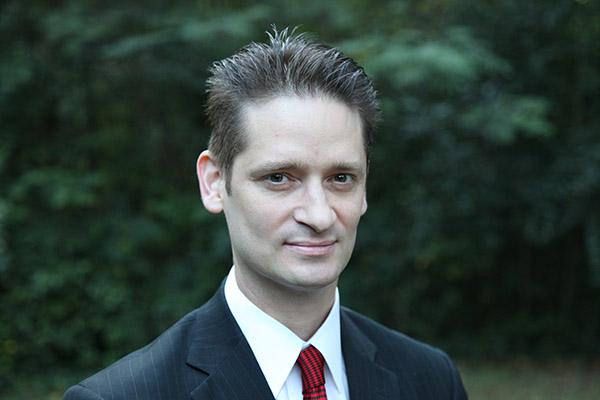
The Institute for Japanese Studies presents:
Levi McLaughlin
Philosophy and Religious Studies
North Carolina State University
Discipleship through Classical Music in a Japanese Religion: Beethoven, Buddhism, and Youth Cultivation in Soka Gakkai
Flyer: Levi McLaughlin Flyer [pdf]
Abstract: Soka Gakkai is Japan’s largest lay Buddhist organization. With a claimed membership of 8.27 million households and close to two million adherents in 192 other countries and territories, it is Japan’s largest following of the medieval Buddhist reformer Nichiren (1222-1282) and Japan’s most successful religious export. This presentation draws on McLaughlin’s years as a non-member researcher and musician within Japanese Gakkai communities to consider striking aspects of the group’s institutional construction and adherent practices around the category of “culture.” Why is the only museum at Soka Gakkai headquarters filled with pianos? Why did Ikeda Daisaku, Soka Gakkai’s Honorary President, sing the praises of Ludwig van Beethoven? And how did Gakkai adherents transform playing Beethoven into a Buddhist practice? This presentation will reconsider definitions of what counts as “religious” as it proposes an alternative history of Japanese aspirations for social legitimacy, cultural sophistication, and enlightenment.
